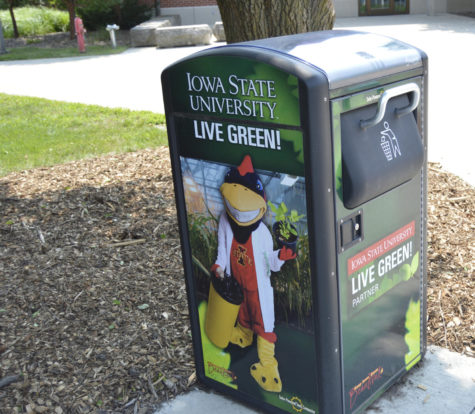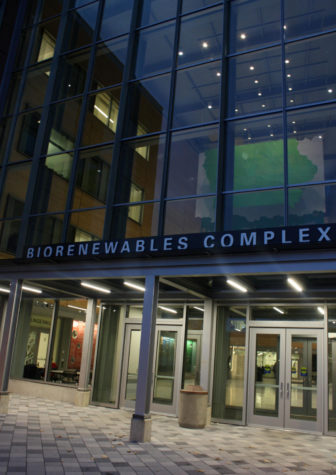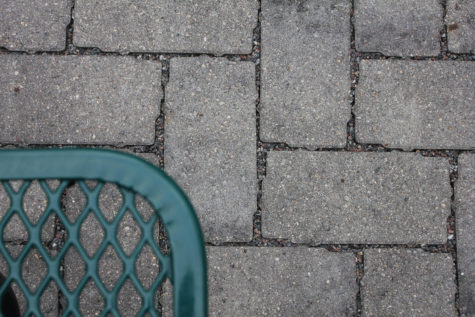Fabric choices impact the environment
January 27, 2012
Clothing production has enormous environmental impacts.
Cotton, for example, is the world’s most polluting crop, responsible for 25 percent of all pesticide use in the world each year. Worker’s rights and animal welfare are also issues when deciding on green options in clothing.
Different fabrics have different impacts, depending on what their fiber content.
Nylon and Polyester
These energy-hungry synthetics are non-biodegradable as well as made from petrochemicals. Nylon manufacturing creates nitrous oxide, a greenhouse gas 300 times more potent than carbon dioxide. Polyester uses large amounts of water for cooling along with lubricants, which can become a source of contamination.
The Green Choice: Try shopping for recycled polyester instead. Patagonia has many options made from recycled drink bottles.
Cotton
Cotton is the most pesticide-intensive crop in the world. These chemicals typically remain in the fabric and are released during the lifetime of the garments.
The Green Choice: Purchase organic cotton instead. Organic cotton garments are free from chlorine bleaches and synthetic dyes. Blue Canoe, Gaiam and Xylem are just a few companies with fashionable, sustainable cotton fabrics.
Rayon
Rayon is an artificial fiber made from wood pulp which seems more sustainable at first glance. However, old growth forests are often cleared and subsistence farmers are sometimes displaced to make way for pulpwood plantations. To make rayon, the wood pulp is treated with hazardous chemicals such as caustic soda and sulphuric acid.
The Green Choice: Try clothing made from hemp or bamboo instead. Hemp is a thoroughly ecological crop; easy to cultivate and pest tolerant, it needs few or no agrochemicals. At the same time, hemp binds and enriches the soil with its deep roots. The Hempest and Soul-Flower are hemp clothing companies. Bamboo is the latest plant material to hit the eco-friendly fabrics market. Described as hypoallergenic, absorbent, fast-drying and naturally anti-bacterial. Element EcoWear is a company full of trendy, bamboo clothing as well as other sustainable fabrics.
Wool
Traditional wool garments are usually exposed to organophosphate sheep dip, a bath dip of solution, aiming to rid the animals of external parasites such as ticks or lice. These “OPs” are difficult to dispose of without adversely affecting the environment.
The Green Choice: Organic wool produced using sustainable farming practices without toxic sheep dips and from local farmers who are Soil Association accredited. O Wool and Gaiam are clothing companies featuring organic wool.









